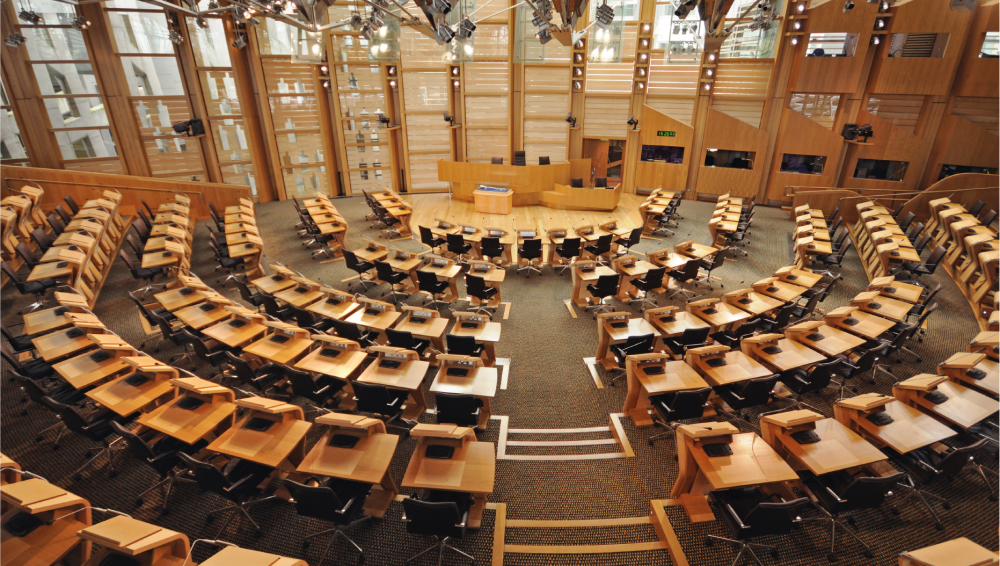Update: The Scottish Continuity Bill
06 Apr 2018

Scottish Continuity Bill: Key Points
Background
Currently, there are some powers that are technically devolved to Scotland but which lie within the remit of European Union mandates. When Brexit occurs, these powers will need to be given back to the relevant parts of the UK Government. The Scottish government and UK government are currently in disagreement about how this should be executed.
The two governments agree in principle that the powers should be devolved. However, the UK government wants to outline the frameworks of administration and argues that, if an agreement is not reached, the UK government should control the powers. The Scottish government wants a say in how the frameworks are made and then to have carte blanche over how they are administered.
The bill itself
The bill’s purpose is to provide a plan for if Scotland does not offer consent to Westminster’s EU Withdrawal Bill. Put simply, the bill would dictate how powers are executed by the Scottish government.
The difficulty (which some are touting a potential ‘constitutional crisis’) would come from any provision from the EU which Scotland could feasibly ‘continue to be updated or aligned with new EU law’ in contention with UK government law. While no crisis-causing hurdles can be seen up the track at right now, this is due to the lack of certainty over what the final Brexit deal will be, as opposed to Westminster and Holyrood agree on everything (which they certainly don’t).
In actuality, the Scottish Brexit Minister, Michael Russel, has said he can see several areas which could feasibly cause conflict, namely healthcare, food regulation and the Digital Single Market. They claim that it will be advantageous in these instances ‘to maintain regulatory alignment with these EU rules as they develop, since this will help maintain the current levels of public health protection afforded to Scottish consumers and also help maintain the regulatory equivalence likely to be necessary to allow Scottish companies to continue to trade with the EU member states.’
In theory, this means that there could be differences in legislation between England and Scotland that may be relevant to DMA members. This might not be a problem - there are already pieces of legislation relevant to marketing which do not cause a problem. Food labelling, for example.
The real issues would come if keeping up with EU legislation excluded meant that products did not meet UK requirements for sale, or vice versa.
The next eleven months should present us with an answer as to whether this will be the case. At this point, the DMA will be sure to keep you abreast of any noteworthy changes.
Please login to comment.
Comments